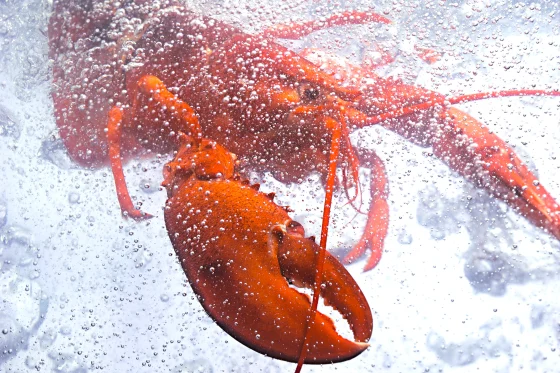In recent years, a series of groundbreaking discoveries has shed light on the remarkable cognitive abilities of various animal species. From bees engaging in what appears to be playful behavior by rolling wooden balls, to cleaner wrasse fish exhibiting signs of self-awareness by recognizing their own reflection in underwater mirrors, to octopuses displaying aversion to settings where they experienced past pain, these findings challenge long-held assumptions about animal consciousness.
These discoveries, all made within the last five years, highlight the importance of continued scientific exploration into animal cognition. They suggest that many species may possess inner lives and exhibit signs of sentience, encompassing a diverse range of creatures including insects, fish, and certain crustaceans.
Prompted by these revelations, a group of leading researchers in animal cognition has issued “The New York Declaration on Animal Consciousness.” Signed by nearly 40 experts in the field, this declaration aims to revolutionize how scientists and society perceive and care for animals.
The declaration asserts that there is strong scientific support for the notion that birds and mammals have conscious experiences. Furthermore, it suggests a realistic possibility of consciousness extending to all vertebrates, including reptiles, amphibians, and fish. It even proposes the possibility of consciousness in many invertebrates, such as insects, decapod crustaceans, and cephalopod mollusks.
According to the declaration, ignoring the possibility of conscious experience in animals when making decisions affecting their welfare is irresponsible. Instead, it advocates for considering welfare risks and using scientific evidence to inform responses to these risks.
Jonathan Birch, a philosophy professor at the London School of Economics and one of the signatories of the declaration, emphasizes the significance of this shift in scientific discourse. He notes that while questions about animal consciousness were once considered unanswerable, the declaration reflects a new willingness within the scientific community to explore this topic.
Historically, the concept of animal sentience has faced skepticism and resistance. Philosophers like René Descartes argued that animals were mere “material automata,” devoid of consciousness or subjective experiences. This viewpoint persisted into the early 20th century, with behavioral psychologists advocating for a focus on observable behavior rather than emotions or subjective experiences in animals.
However, scientific attitudes began to shift in the 1960s, leading to a reevaluation of animal cognition. Recent advancements in cognition tests have revealed surprising results, such as cleaner wrasse fish passing the mirror-mark test, traditionally used to assess self-recognition in animals.
Experiments with various species, including zebrafish, cuttlefish, and crayfish, have provided further evidence of cognitive abilities and emotional responses previously unrecognized in these animals. This expanding body of research challenges researchers to broaden their understanding of animal consciousness beyond traditional boundaries.

The changing understanding of animal sentience has profound implications for law and policy. In the United States, where animals are not classified as sentient beings on a federal level, laws primarily focus on conservation, agriculture, and animal welfare in specific contexts.
However, as public awareness of animal sentience grows, legal frameworks may need to evolve to reflect this new understanding. Some states, like Oregon, have already passed laws recognizing animals as sentient beings capable of feeling pain, stress, and fear. Similarly, countries like Britain have amended their laws to acknowledge the sentience of certain animals, including octopuses, crabs, and lobsters.
Recognition of animal sentience not only prompts ethical considerations but also raises questions about practices like humane slaughter. As society grapples with these issues, it becomes increasingly important to ensure that legal protections for animals align with evolving scientific knowledge and ethical principles.
